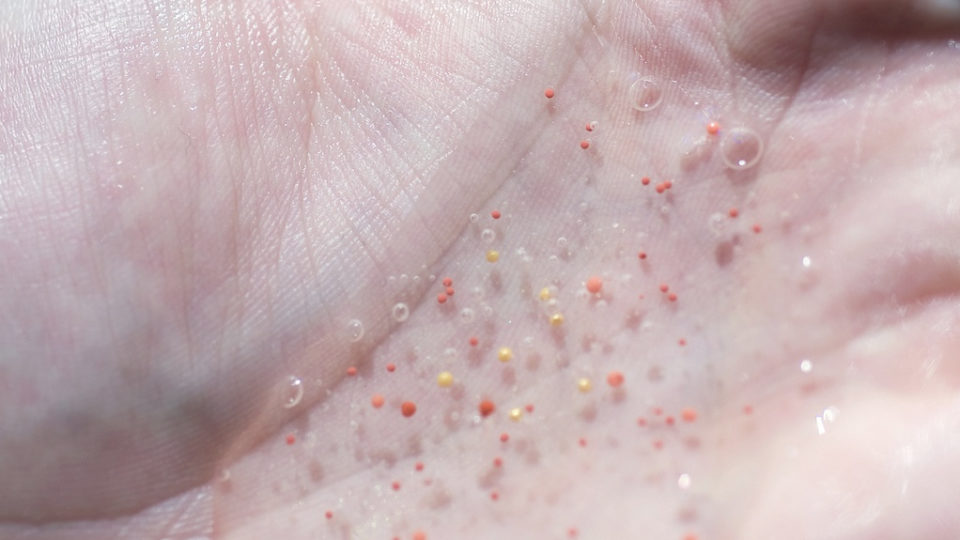A new study has confirmed what environmentalists have known all along: microbeads from cosmetics are wreaking havoc on Hong Kong’s oceans.
Scientists at the HKU Department of Earth Sciences and the Swire Institute of Marine Science examined over 100 water samples from seven sites around Hong Kong. More than 60 percent of the samples contained microbeads, according to a release.
The tiny pieces of plastic — commonly found in personal care and cosmetic products — go down the drain and end up in waterways. Besides polluting bodies of water, they are also ingested by wildlife.
And who doesn’t love eating fish full of plastic, right?
Researchers concluded that the microbeads were most likely from products sold in Hong Kong used by local citizens. They added that they only examined microbeads 0.3 mm to 1 mm in size, so there are even more in Hong Kong’s oceans than the study, published in the Marine Pollution Bulletin, suggests.
Local NGO Plastic Free Seas, which helped collect the water samples for the study, has been campaigning against the sale of products containing microbeads in Hong Kong.
“This study really reinforces the need to act urgently on this preventable form of plastic pollution,” Plastic Free Seas CEO Tracey Read said in an email to Coconuts HK today. She added that she hopes the government will take steps to outlaw making products with plastic ingredients.
Hong Kong doesn’t have any policy regarding microbeads, unlike the United Kingdom, Canada, and New Zealand as well as several states in the U.S., which have banned their manufacture.
It does, however, have a long documented problem with marine pollution. Just this week, a city worker ignited a storm of criticism online after he was filmed dumping trash directly into the ocean.
In the wake of the clip going viral, Southern District district councillor Paul Zimmerman took a camera down to Aberdeen Harbour to demonstrate the trash problem was hardly attributable to one person.




